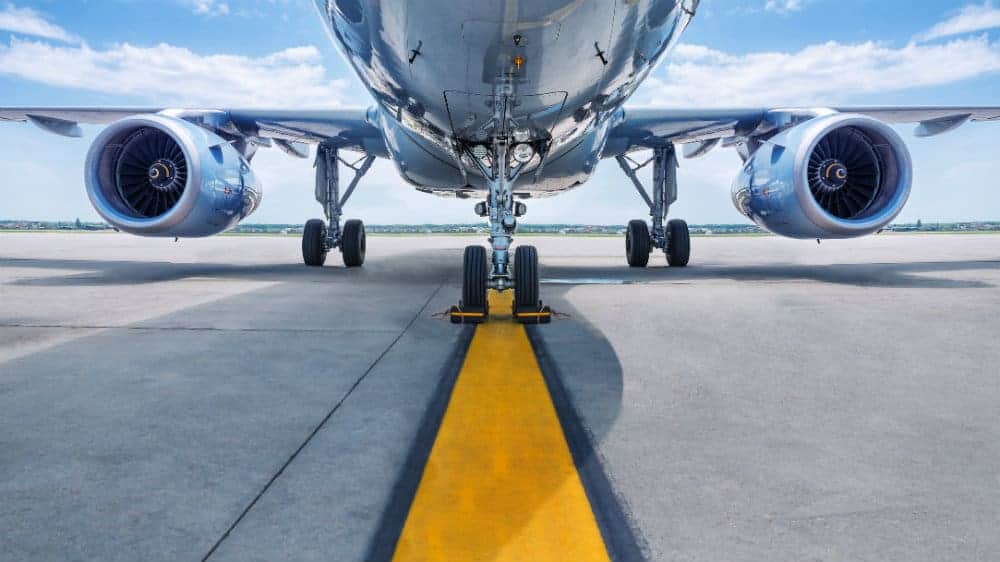COVID-19 blindsided Air Canada (TSX:AC) and airline companies around the world. Passenger travel virtually screeched to a halt, as countries had to close borders and implement travel restrictions to prevent coronavirus spread. Canada’s flag carrier enjoyed 27 consecutive quarters of profits before Q1 2020.
Air Canada did not receive federal government’s support until April 2021. Since March 2020, the airline has been bleeding cash and barely surviving from the ordeal. Bankruptcy looms large, reminiscent of 2003 when it filed for bankruptcy protection.
The federal government and Air Canada took a while to reach an agreement on a relief package. On April 12, 2021, Finance Minister Chrystia Freeland and Transport Minister Omar Alghabra announced financial support worth $5.9 billion. However, the news didn’t boost the stock. Instead of climbing, the price slid to $26.88.
Stock performance
As of April 30, 2021, the share price is down to $24.77 but has gained 8.78% year to date. In mid-January 2020, it was still trading at $52 per share before it tanked drastically. The rock-bottom price of Air Canada shares was $12.15 on March 20, 2020.
Many investors picked up the stock hoping for a rebound. Had you invested $10,000 then, your money would be worth $20,386.83 today, or a gain of 103.9%. Following the long-delayed lifeline, market analysts forecast the price to climb 41.3% to $35 in the next 12 months.
However, the forecast seems overly ambitious as Air Canada can’t take off yet because of the surge in the more virulent COVID variants. The country’s largest carrier had to extend the suspensions of sun-destinations flights through the end of May 2021.
Strings attached
The deal with Air Canada had strings attached, including the payment of customer refunds and equity stake by the federal government in the airline. Lucie Guillemette, Air Canada’s executive vice-president and chief commercial officer, said, “Air Canada will be offering refunds to all eligible customers, whether they cancelled their ticket or if their flight was cancelled by the airline.” Affected customers have until June 12, 2021, to request a refund online.
Besides customer refunds, there’s a cap on the compensation of company executives (up to $1 million per year only). Likewise, share buybacks and dividend payments to shareholders are suspended during the loan period. More importantly, Air Canada must maintain its workforce at current levels, respect collective bargaining agreements, and protect workers’ pensions.
Currently, there are 14,859 active employees. If you’ll recall, in 2020, Air Canada let go or reduced its staff by more than 20,000. The figure was more than 50% of the total workforce before the global pandemic. The deal with Transat AT fell through, as Air Canada shelved the acquisition altogether.
Dark skies
If you think sunny days are ahead for Air Canada, don’t be too optimistic. Dark skies are on the horizon, as passenger travel demand isn’t likely to return to pre-pandemic levels anytime soon. In Q4 2020 alone, the airline lost $1.16 billion.
The best Air Canada can do for now is the immediate resolution of customer refunds of non-refundable tickets. Unfortunately, there won’t be a semblance of business still. The healthcare system is under threat due to the rising new cases of COVID-19. Canada must bend the curve soon.


